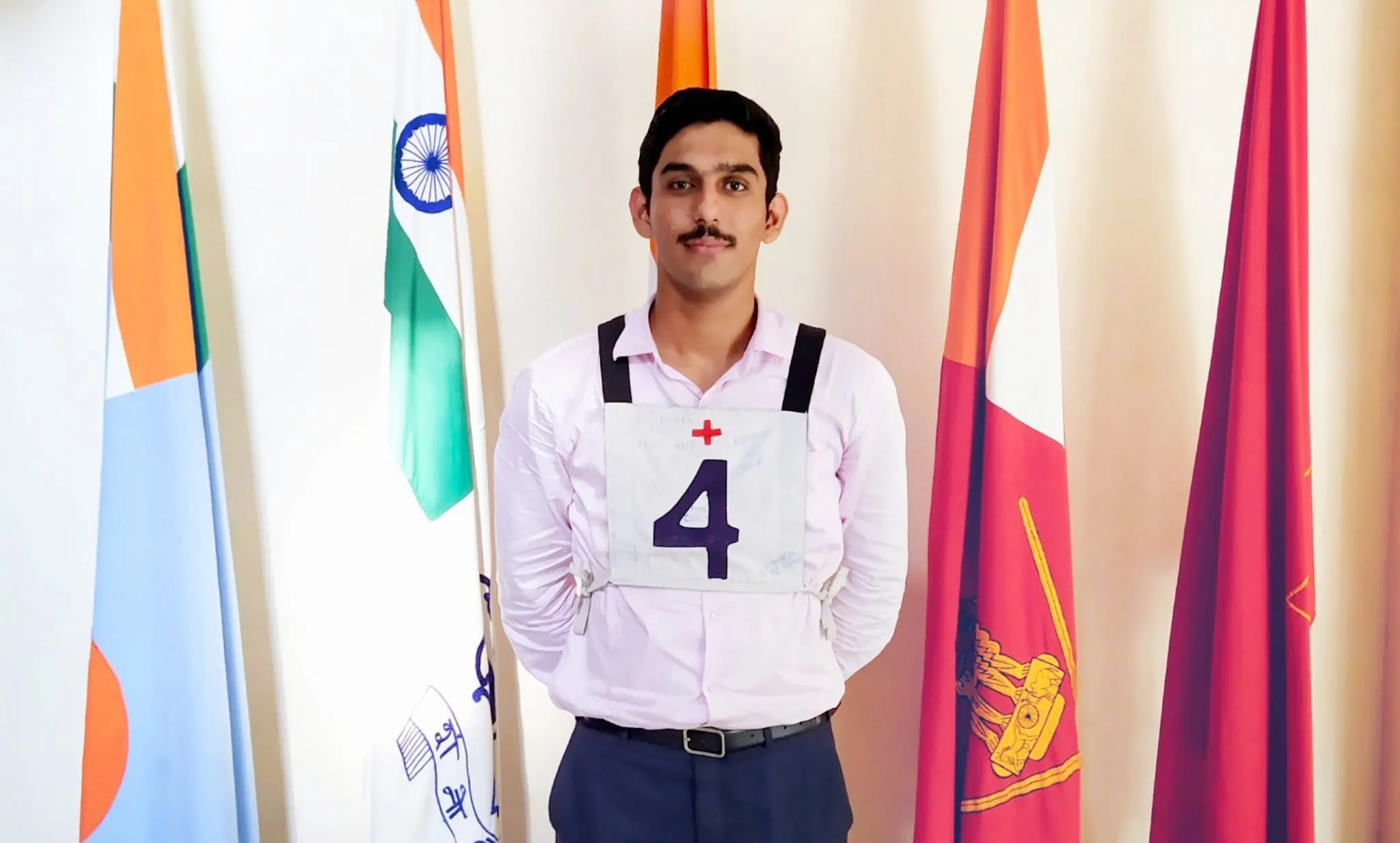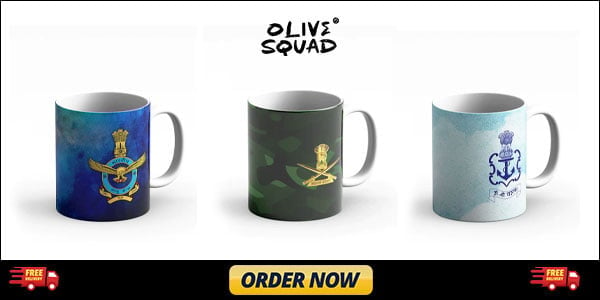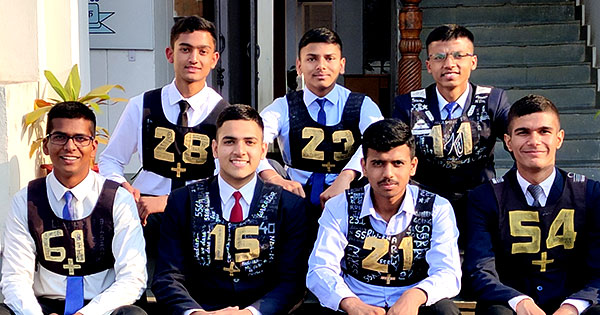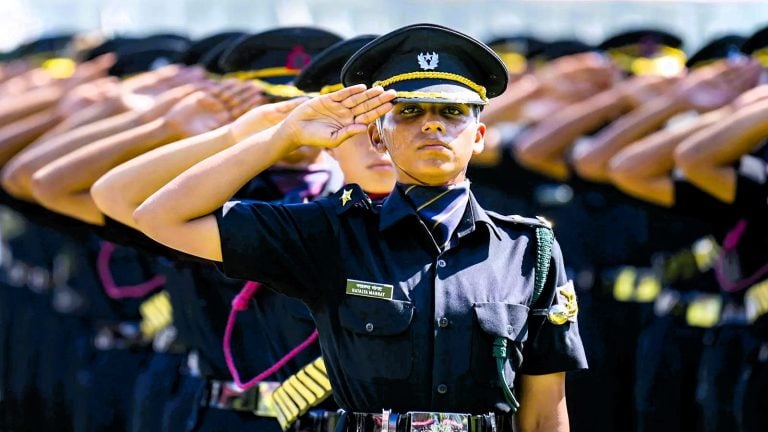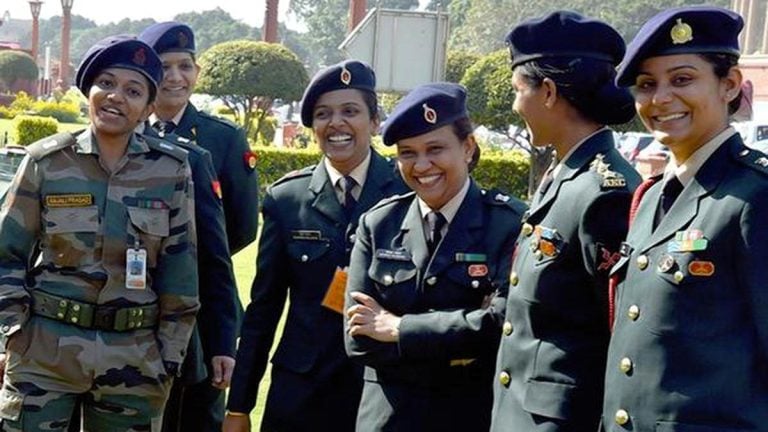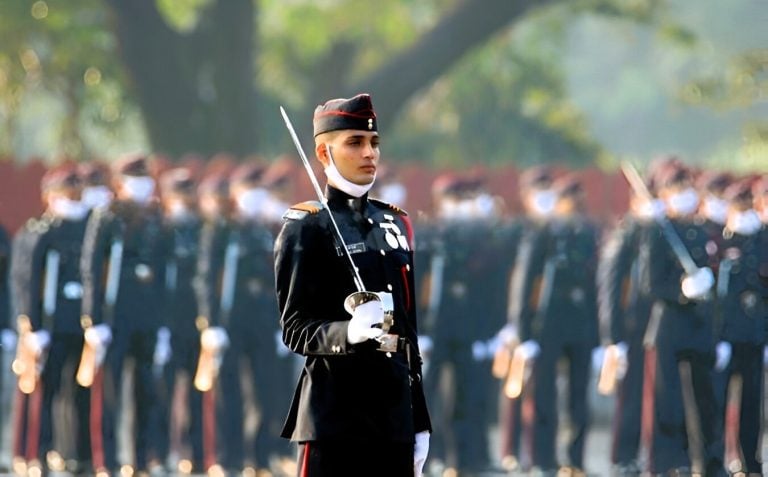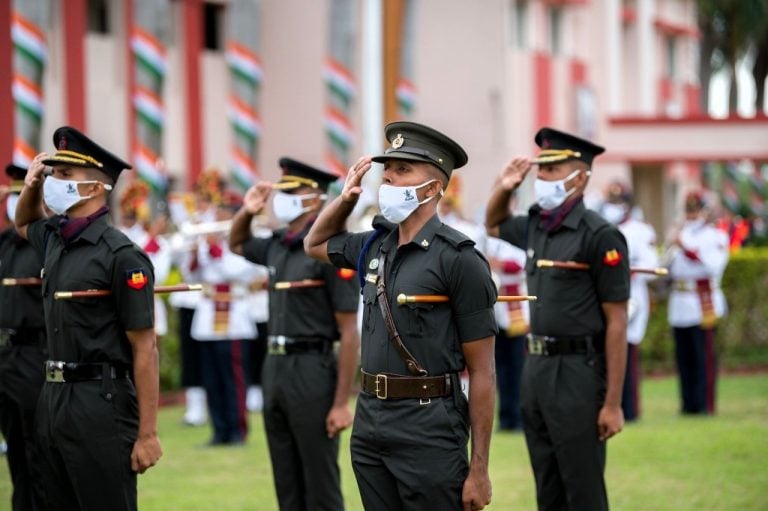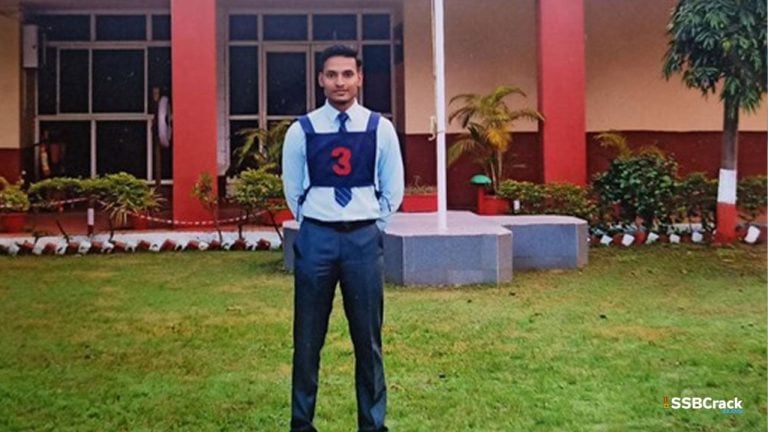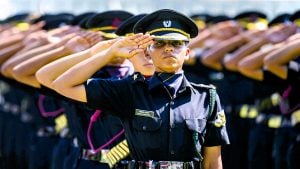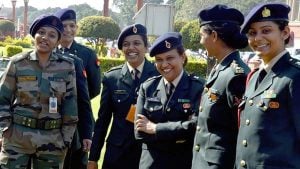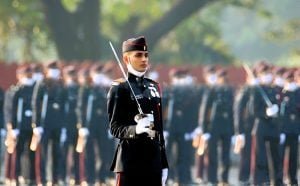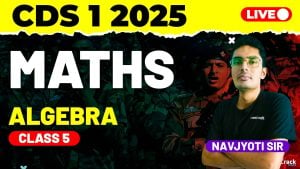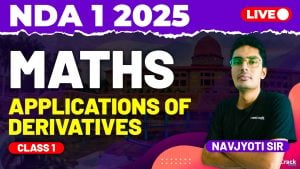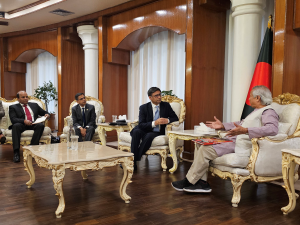The SSB (Services Selection Board) interview is a crucial step for individuals aspiring to become officers in the Indian Army, Navy, and Air Force. This comprehensive guide will provide you with a detailed explanation of the 5-day SSB interview procedure, including the various tasks and tests conducted during the interview. Whether you are a fresher or have prior knowledge of the SSB interview, this guide will equip you with the necessary information and prepare you for your first attempt.
Must Read: 4 Best SSB Interview Books for Preparation
SSB Interview Preparation Books and Study Material
Before diving into the details of the SSB interview procedure, it is essential to have the right resources for preparation. Various books and study materials are available that can help you understand the interview process better and improve your chances of success. These resources provide valuable insights into the different stages of the interview, psychological tests, personal interviews, and group tasks. Investing time in studying these materials will give you a competitive edge and boost your confidence during the interview.
SSB Interview Preparation Books and Study Material
| Study Material | Download Source |
| Let’s Crack SSB Interview [Book] | Buy Now |
| Breaking the Code Of SSB Psychology [Book] | Buy Now |
| OIR Test and PPDT [Book] | Buy Now |
| SSB Psychological Tests Workbook | Buy Now |
| OIR Test eBook [ 150+ Solved Questions] | Download Now |
| SRT Solved eBook [100 Solved Questions] | Download Now |
| Word Association Test [100 Solved Words] | Download Now |
| Current Affairs eBooks | Download Now |
| SSB Interview eBook [FREE] | Download Now |
| My Appointment With A Psychologist eBook [FREE] | Download Now |
| Best SSB Interview Book [Paperback] | Download Now |
| 5 Day Complete SSB Interview Video | Download Now |
| 500 WAT Words | Download Now |
| 50 TAT and PPDT Pictures | Download Now |
| 180 SRT Original | Download Now |
| Latest SSB GD Topics | Download Now |
| 300 Lecturette Topics | Download Now |
5 Days SSB Schedule
The SSB interview is a 5-day process that consists of different stages and activities aimed at assessing the candidates’ suitability for officer positions. Let’s take a closer look at the schedule for each of these days:
Reporting Day
On the reporting day, candidates are required to report at the designated SSB board location. This day involves document verification and filling out the Personal Information Questionnaire (PIQ) forms. The reporting location is usually mentioned in the call letter provided to the candidates. It is essential to follow the instructions in the call letter to ensure a smooth reporting process. You may find other candidates reporting on the same day as you, which can help alleviate any confusion or difficulty in locating the designated place.
Note: For certain entries, such as AFSB (Air Force Selection Board) interviews, the reporting day and screening day may be the same. It is crucial to refer to your call letter for accurate information.
Screening
The screening process is conducted to shortlist potential candidates from the pool of individuals who have reported for the interview. It consists of various activities, including the Officers’ Intelligence Rating (OIR) Test and the Picture Perception and Discussion Test (PPDT). Let’s delve deeper into these tests:
OIR Test
The OIR Test, also known as the Officers’ Intelligence Rating Test, is a verbal and non-verbal test that assesses the candidates’ intelligence and cognitive abilities. It includes questions related to verbal reasoning, numerical reasoning, and abstract reasoning. While the OIR Test is a basic aptitude test, it is advisable to prepare thoroughly to perform well. Practice sets and study materials are available that can help you familiarize yourself with the test format and improve your performance.
PPDT (Picture Perception and Discussion Test)
The PPDT is a crucial part of the screening process and plays a significant role in determining whether a candidate progresses to the next stage of testing. The PPDT involves the following steps:
- Picture Perception: Candidates are shown a picture for 30 seconds and are required to observe and analyze the image. After the observation time, candidates have 3 minutes to write a story based on the picture. This test assesses a candidate’s ability to perceive details, interpret situations, and create a coherent story.
- Group Discussion: After completing the individual story-writing task, candidates are divided into subgroups of 14-15 members. Each candidate takes turns narrating their story to the group, followed by a group discussion on the picture and the stories shared. This exercise evaluates a candidate’s communication skills, teamwork, and ability to express ideas and opinions effectively.
Note: The PPDT is a crucial part of the screening process and plays a significant role in determining your progress to the next stage of testing. It is essential to prepare for the PPDT and familiarize yourself with the format and expectations.
Results of Screening
After completing the PPDT and group discussion, candidates are given a break for lunch and rest. The screening results are usually announced after lunch. Selected candidates are allocated new chest numbers, while the rest of the candidates receive their Traveling Allowance (TA) and are dropped back to the railway station or bus stand. It is important to note that the PPDT performance is a critical factor in clearing the screening and progressing to the next stage of testing.
Stage-2 Testing
Congratulations to all the candidates who successfully cleared the first stage of testing. The second stage of testing is where the real battle begins. It is crucial to prepare thoroughly to increase your chances of success in this stage. Let’s explore the different tests conducted during stage-2 testing:
Psychological Test
The psychological test is a battery of projective tests designed to assess the psychological suitability of candidates to become officers. These tests evaluate various aspects of a candidate’s personality, including their leadership potential, decision-making abilities, and emotional stability. The psychological test consists of the following components:
TAT (Thematic Apperception Test)
The TAT involves the presentation of 11 pictures, including a blank slide, to the candidates. Each picture is shown for 30 seconds, followed by 4 minutes of writing time to create a story based on the picture. The TAT assesses a candidate’s ability to perceive situations, form coherent narratives, and demonstrate creativity.
WAT (Word Association Test)
In the WAT, candidates are shown 60 words, one after the other, for 15 seconds each. The candidates are required to write a sentence that comes to their mind immediately after reading each word. The WAT evaluates a candidate’s thought process, spontaneity, and ability to associate words with meaningful responses.
SRT (Situation Reaction Test)
The SRT consists of a booklet with 60 situations described in brief. Candidates are required to write their responses to each situation within the allotted time of 30 minutes. The SRT assesses a candidate’s ability to analyze situations, make quick decisions, and prioritize tasks effectively.
SD (Self-Description)
In the SD test, candidates are asked to write their opinions about themselves, as well as how they perceive others’ opinions about them. This test provides insights into a candidate’s self-awareness, self-reflection, and areas for personal development. Candidates are given 15 minutes to complete this task.
Note: The psychological test evaluates various aspects of a candidate’s personality and psychological suitability for officer positions. It is crucial to approach these tests with honesty, self-awareness, and clarity of thought.
GTO (Group Testing Officer) Tasks
The GTO tasks focus on assessing a candidate’s leadership qualities, teamwork, and ability to perform under pressure. These tasks are conducted in a group setting and require candidates to collaborate, communicate effectively, and demonstrate problem-solving skills. The GTO tasks include the following:
Group Discussion (GD)
In the GD, candidates participate in back-to-back group discussions on various topics, often related to current affairs. The GD evaluates a candidate’s communication skills, ability to express opinions, and capacity to work as part of a team.
Group Planning Exercise (GPE)
The GPE involves a group of candidates working together to solve a problem and create a plan of action. Each candidate individually writes their plan, which is later discussed within the group to reach a consensus. One candidate is then chosen to explain the group’s common plan using a pointer and a map.
Note: The GTO tasks are designed to assess a candidate’s leadership potential, teamwork, and ability to work effectively in a group setting. It is important to actively participate, contribute ideas, and support your group members during these tasks.
Personal Interview
The personal interview is a crucial component of the SSB interview and plays a significant role in determining a candidate’s recommendation. The interview is conducted by an Interviewing Officer (IO) who aims to assess a candidate’s personality, motivation, and suitability for officer positions. Here are some key aspects of the personal interview:
Preparation for the Personal Interview
It is essential to prepare thoroughly for the personal interview to increase your chances of success. Research commonly asked interview questions, practice your responses, and gather information about current affairs and defense-related topics. Additionally, reflect on your own experiences, strengths, weaknesses, and goals to ensure you can confidently answer questions during the interview.
Facing the Interviewing Officer (IO)
During the personal interview, you will face the Interviewing Officer who will ask a range of questions to assess your personality, character, and suitability for officer positions. It is crucial to maintain a confident and composed demeanor, listen carefully to the questions, and provide honest and well-thought-out responses. Be prepared to discuss your educational background, interests, hobbies, leadership experiences, and your understanding of the Armed Forces.
Conference
The conference is the final stage of the SSB interview process. During this stage, candidates face all the SSB board members collectively, including the Interviewing Officer, psychologists, and Group Testing Officers. The conference aims to assess the overall performance of the candidates and determine their suitability for officer positions. The conference usually involves general questions about the candidate’s stay and learnings during the interview process. For candidates who are on the borderline, additional questions may be asked to make a final decision. The duration of the conference is typically around 1-2 minutes per candidate.
Note: The conference is a crucial stage where the final decision regarding the recommendation is made. It is important to present yourself confidently, showcase your strengths, and effectively communicate your suitability for officer positions.
Conclusion
The 5-day SSB interview procedure is a rigorous process designed to assess the suitability of candidates for officer positions in the Indian Armed Forces. It involves various tests and activities that evaluate a candidate’s personality, intelligence, leadership potential, and teamwork. By understanding the different stages and tasks involved in the SSB interview, candidates can better prepare themselves, increase their chances of success, and showcase their potential to become officers in the Indian Army, Navy, or Air Force.
Remember to approach each stage of the interview with confidence, honesty, and a positive attitude. Thorough preparation, self-reflection, and effective communication are key to performing well and leaving a lasting impression on the interviewers. Good luck with your SSB interview journey, and may you achieve your dream of serving the nation as an officer in the Indian Armed Forces!
Additional Information:
- It is advisable to consult SSB interview preparation books and study materials to improve your understanding of the interview process and enhance your performance.
- Practice sets and sample questions are available to help you familiarize yourself with the various tests conducted during the SSB interview.
- Developing effective communication skills, teamwork abilities, and leadership qualities can significantly boost your performance during the group tasks and personal interview.
- Reflecting on your strengths, weaknesses, and personal goals can help you provide genuine and well-thought-out responses during the personal interview.
- Stay updated with current affairs and defense-related topics to demonstrate your knowledge and understanding during the interview.
- Seek guidance from mentors, ex-officers, or individuals who have successfully cleared the SSB interview for valuable insights and tips.

